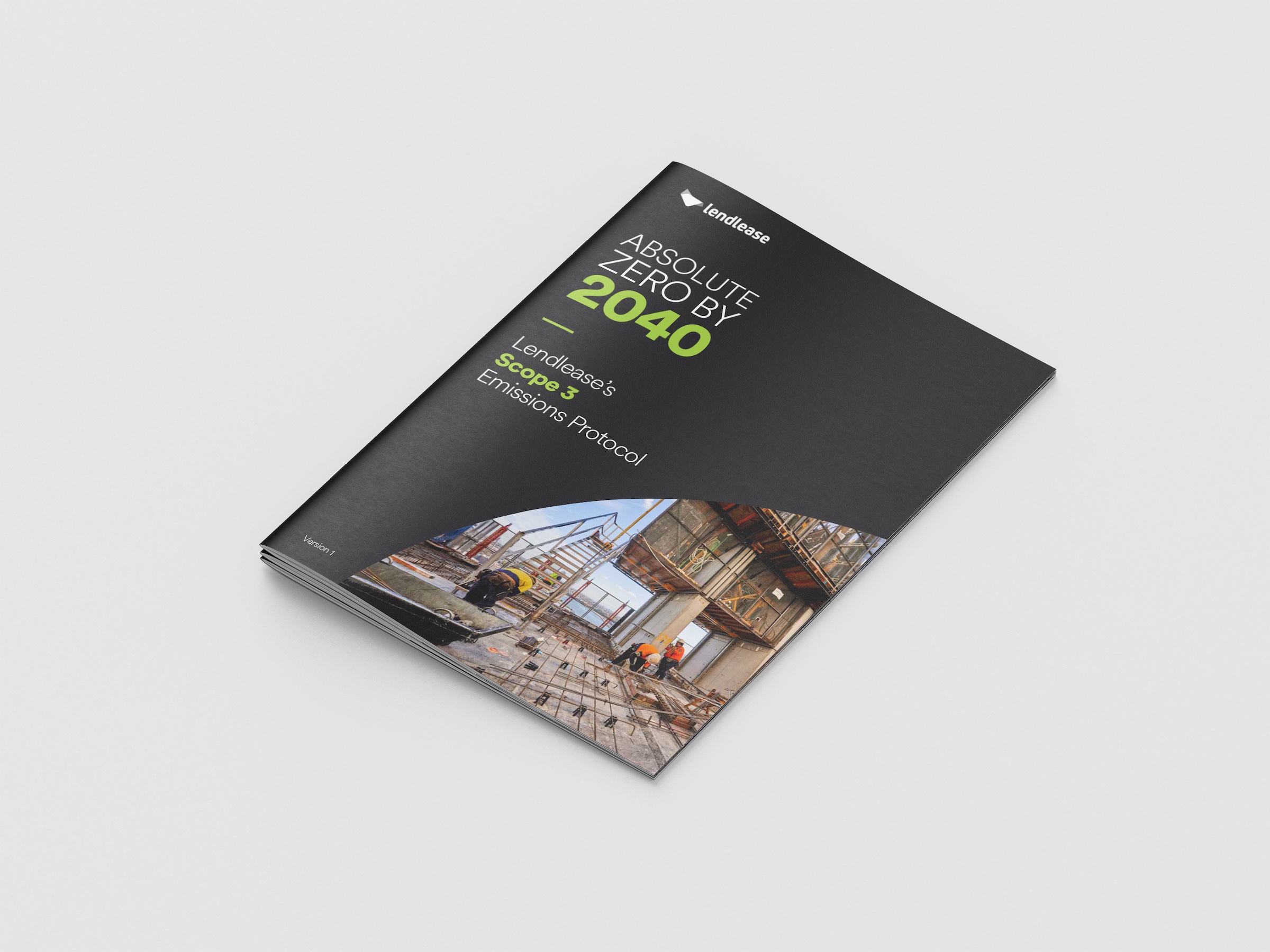Lendlease unveiled a new protocol to monitor, measure, and disclose Scope 3 carbon emissions and called on built environment industry leaders to tackle this challenge.
Scope 3 emissions are indirect emissions that occur in an organization’s value chain and often make up the majority of an organization’s carbon footprint. Lendlease says Scope 3 emissions comprise about 90% of its global carbon footprint.
Scope 3 emissions data, embedded in carbon-intensive materials such as steel, cement, aluminum, and glass, are especially challenging to track and measure. They have multiple source points and different levels of transparency, completeness, and assurance. Methods and standards for their calculation are inconsistent, and there is no standardized data exchange for them.
Lendlease is driving to change that with its new protocol that includes a Scope 3 Reporting Assessment Tool with more than 50 possible subcategories.
“We want the protocol to spark conversation and engagement across our sector, to help drive to a consensus on how to account for and report on Scope 3 emissions,” said Cate Harris, group head of sustainability. “If we can achieve this, then we can collaborate as an industry to solve the two big systemic challenges: the decarbonization of harder to abate materials, and the digitization and sharing of Scope 3 emissions data.”
Related Stories
Codes and Standards | Mar 7, 2017
Canada’s national building codes will encompass effects of climate change
Forecasted data, not historical data, will be used as the basis for the codes.
Codes and Standards | Mar 6, 2017
ConsensusDocs updates standard short contract editions
The updates address industry changes impacting insurance, legal, technology, and terminology.
Codes and Standards | Mar 3, 2017
ASCE updates standard for structures using tensile membrane
The new sstandard combines guidelines for conventional tensile membrane structures with frame-covered membrane structures.
Codes and Standards | Mar 1, 2017
EPA's 2017 Construction General Permit now in effect
The regulation governs compliance with effluent limits.
Codes and Standards | Feb 28, 2017
Concern grows for high tide flood vulnerability in Mid-Atlantic states
Washington, D.C., and Annapolis, Md., could flood every three days by 2045.
Codes and Standards | Feb 27, 2017
Green building saves operating costs and boosts asset value
A new report shows 14% cost savings and a 7% increase in value when green standards are met.
Codes and Standards | Feb 24, 2017
Scant data hampering energy, water efficiency at sports venues
New NIBS report says baseline information needs further development.
Codes and Standards | Feb 22, 2017
Plans for WELL Building Standard include linkage with other green building standards
The planned updated version will be customizable for any building type.
Codes and Standards | Feb 21, 2017
Aging building code inspectors and government belt-tightening could cause crisis
Inspectors are edging toward retirement with no understudies in place.
Codes and Standards | Feb 20, 2017
AISI publishes three new cold-formed steel framing research reports
Seismic simulation, roof trusses, steel-to-steel and sheathing-to-steel connections are examined in the reports.

















